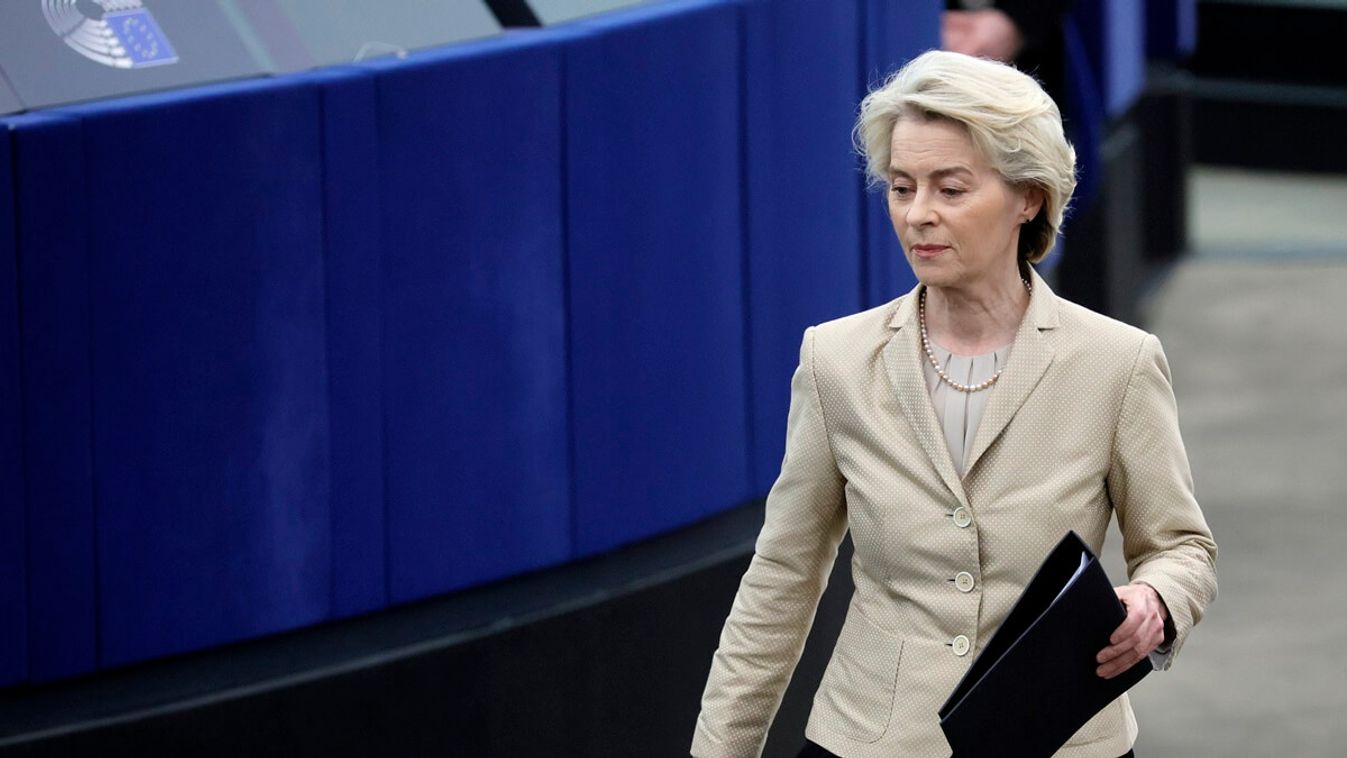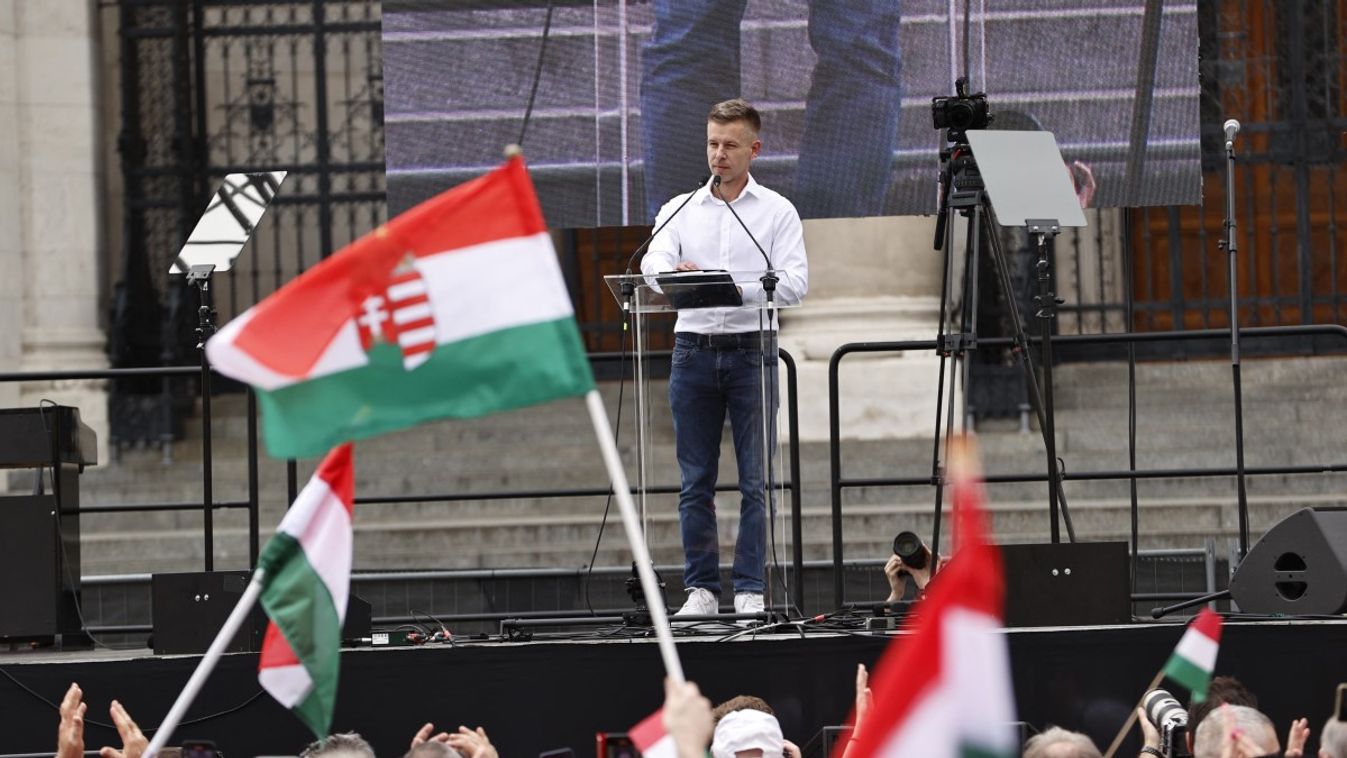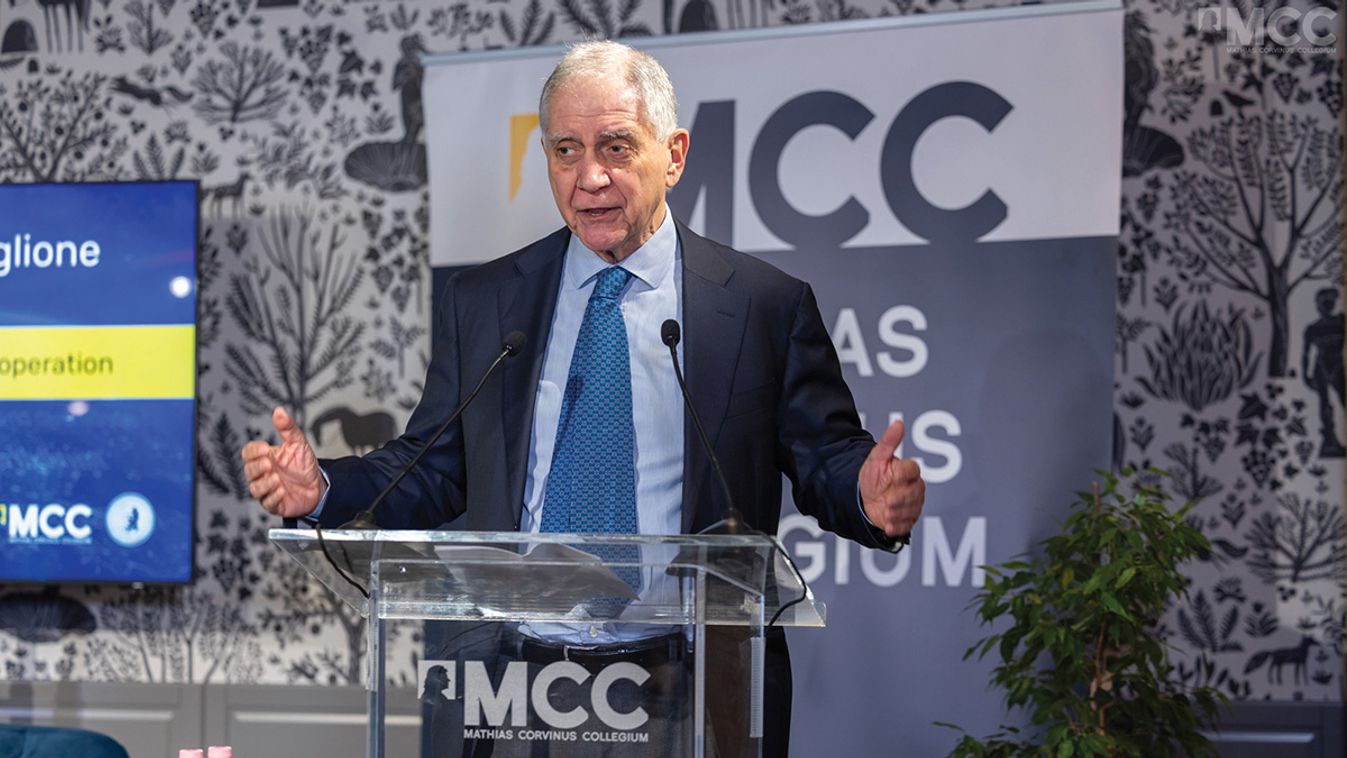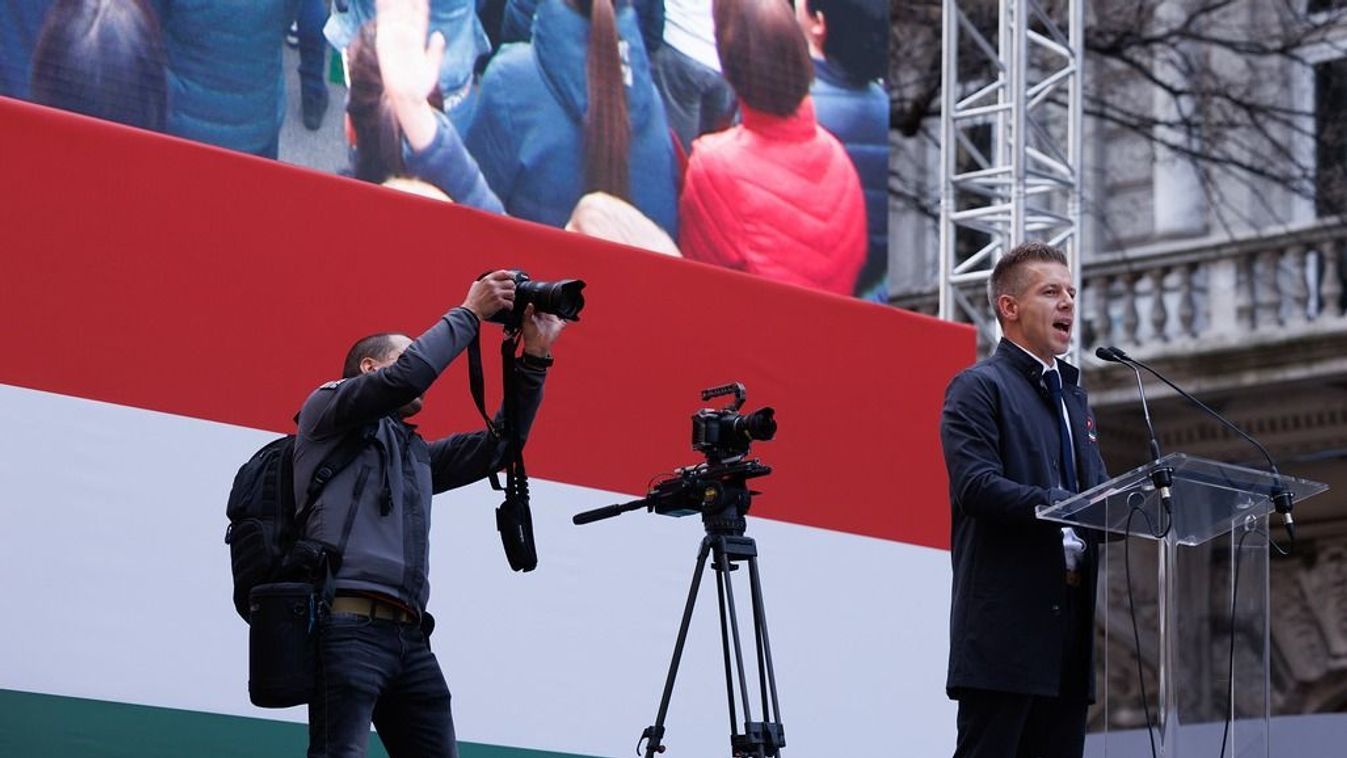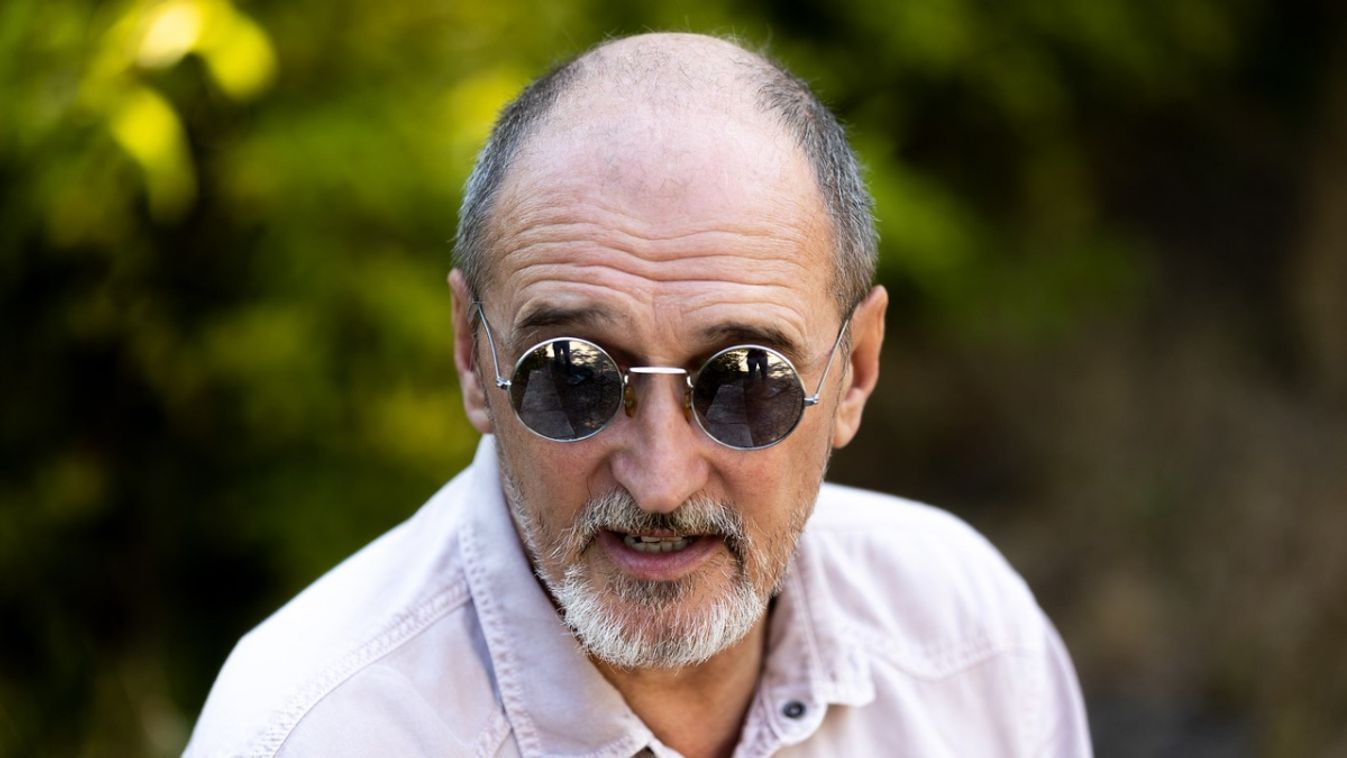
What I Don’t See at the Revolution
Men such as Václav Havel and Lech Walesa, furthermore, had already proved that they were ready to assume the responsibility of government. Voilà tout!
„In Eastern Europe by the end of the 1980s, one knew not only what the people wanted but also how they would get it. Not to diminish the grandeur of those revolutions, the citizens essentially desired to live in Western European conditions, of greater prosperity and greater liberty. It took one concerted shove to the Wall and they were living in Western Europe, or anyway Central Europe. The arms of the European Community and NATO were already more or less open, and everybody from East Berlin to Warsaw was already relatively literate and qualified, and I don’t remember even a fingernail being lost by way of casualties (except in Romania, where a real Caligula had to be dealt with). Men such as Václav Havel and Lech Walesa, furthermore, had already proved that they were ready to assume the responsibility of government. Voilà tout!
In Portugal in April 1974, before the liberals in the army turned on the oldest Fascist dictatorship in Europe and broke open all the literal and metaphorical prison gates, there had been only one legal party. On May Day of that year, the Socialist and Communist Parties were able to fill the streets of the capital city. Within days, a conservative and a liberal party had been announced, and within a very short time Portugal was, so to say, a normal European country. Those parties, with their very seasoned leaders, had been there all along. All that was required was for the brittle carapace of the ancien régime to be shattered. The same happened in Athens a few months later: before my delighted eyes the torturers and despots of the military junta went to jail and the veteran civilian politicians came home from exile, or emerged from prison, and by the end of the year had held an election, in which the supporters of the former system of dark glasses and steel helmets were allowed to run and got about 1 percent.
Perhaps the most stirring single event of South African history was the aesthetically perfect moment in February 1985 when his jailers came to Nelson Mandela and told him he was free to leave. And he loftily declined! He would quit the prison when he was ready, and when the whole country had been released, and not a moment before. At that instant, the morons who had confined him became slowly aware that he was already the president of the republic and had in fact been in moral command of the office for some considerable time. Nor was it just a matter of his charisma. A well-rooted and experienced non-racial party, the African National Congress, had for years been saying to the apartheid authorities, with complete confidence: When you are finished running this country into the ground, we are absolutely prepared to replace you. In utero, and well into its third trimester, the new South Africa already existed.”
Összesen 1 komment

Orbán Viktor: “Nekem ne mondja senki, hogy ne legyek kemény!” - fotók
origo.hu
Zelenszkij aggódhat: itt a németek véleménye Ukrajna támogatásáról
mandiner.hu
Íme a négy legmakacsabb csillagjegy mind közül – Köztük vagy?
borsonline.hu
Lesz magyar mozdonygyár
vg.hu
Szoboszlai szomorú bejelentést tett, rajongók ezrei zokognak most
ripost.hu
Meghalt az elnökük: lélegzetvisszafojtva figyel a világ, mit tesz most Irán – ő lesz az utódja
vg.hu
A Magyar Péter Színház bemutatja: Pünkösd
mandiner.hu
Hétfői sportműsor: NB II-es rangadó, jéghoki-vb, férfi kosárdöntő
nemzetisport.hu
Szakértő: Putyin lépése súlyos következményekkel jár és az egész világra kihat
mandiner.hu
„A közönség fütyül, pfújol...” – volt sportriporter tette helyre Magyar Pétert (VIDEÓ)
mandiner.hu
Sztrájkkal fenyegetőznek a románok – ebből nagyobb baj lehet, mint azt elsőre gondolnánk
mandiner.hu

